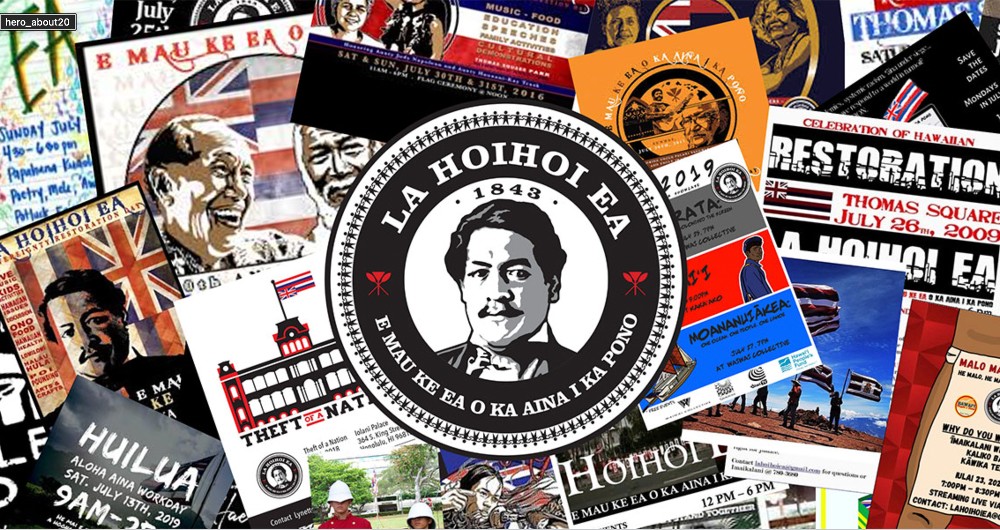
- Details
- By Native News Online Staff
In Hawai’i, July 31 is a holiday: Lā Hoʻihoʻi Ea, or Sovereignty Restoration Day.
King Kamehameha III established this holiday in 1843, in a days-long celebration following the rightful return of sovereign government to Hawaiʻi, after the United Kingdom had made an illegal seizure of their land.
Kamehameha III proclaimed, “Ua mau ke ea o ka ʻāina i ka pono,” meaning, ‘the ea (sovereignty, life, breath) of our land is perpetuated through justice.’
After decades of suppression, the celebrations of sovereignty were revived in 1985 by Uncle Kekuni Blaisdell and other kānaka aloha ʻāina “as a way to give voice to Hawaiian independence and to issues surrounding the return and demilitarization of Hawaiian lands,” according to the La Hoihoi Ea website.
Celebrations will be happening all day in Hawai’i and with family, relatives, and community around the world.
Learn more.
More Stories Like This
50 Years of Self-Determination: How a Landmark Act Empowered Tribal Sovereignty and Transformed Federal-Tribal RelationsNavajo Nation Council Members Attend 2025 Diné Action Plan Winter Gathering
Ute Tribe Files Federal Lawsuit Challenging Colorado Parks legislation
NCAI Resolution Condemns “Alligator Alcatraz”
NABS Documents 134 More Survivor Stories, Expands Digital Archive in 2025
Help us defend tribal sovereignty.
At Native News Online, our mission is rooted in telling the stories that strengthen sovereignty and uplift Indigenous voices — not just at year’s end, but every single day.
Because of your generosity last year, we were able to keep our reporters on the ground in tribal communities, at national gatherings and in the halls of Congress — covering the issues that matter most to Indian Country: sovereignty, culture, education, health and economic opportunity.
That support sustained us through a tough year in 2025. Now, as we look to the year ahead, we need your help right now to ensure warrior journalism remains strong — reporting that defends tribal sovereignty, amplifies Native truth, and holds power accountable.
 The stakes couldn't be higher. Your support keeps Native voices heard, Native stories told and Native sovereignty defended.
The stakes couldn't be higher. Your support keeps Native voices heard, Native stories told and Native sovereignty defended.
Stand with Warrior Journalism today.
Levi Rickert (Potawatomi), Editor & Publisher


